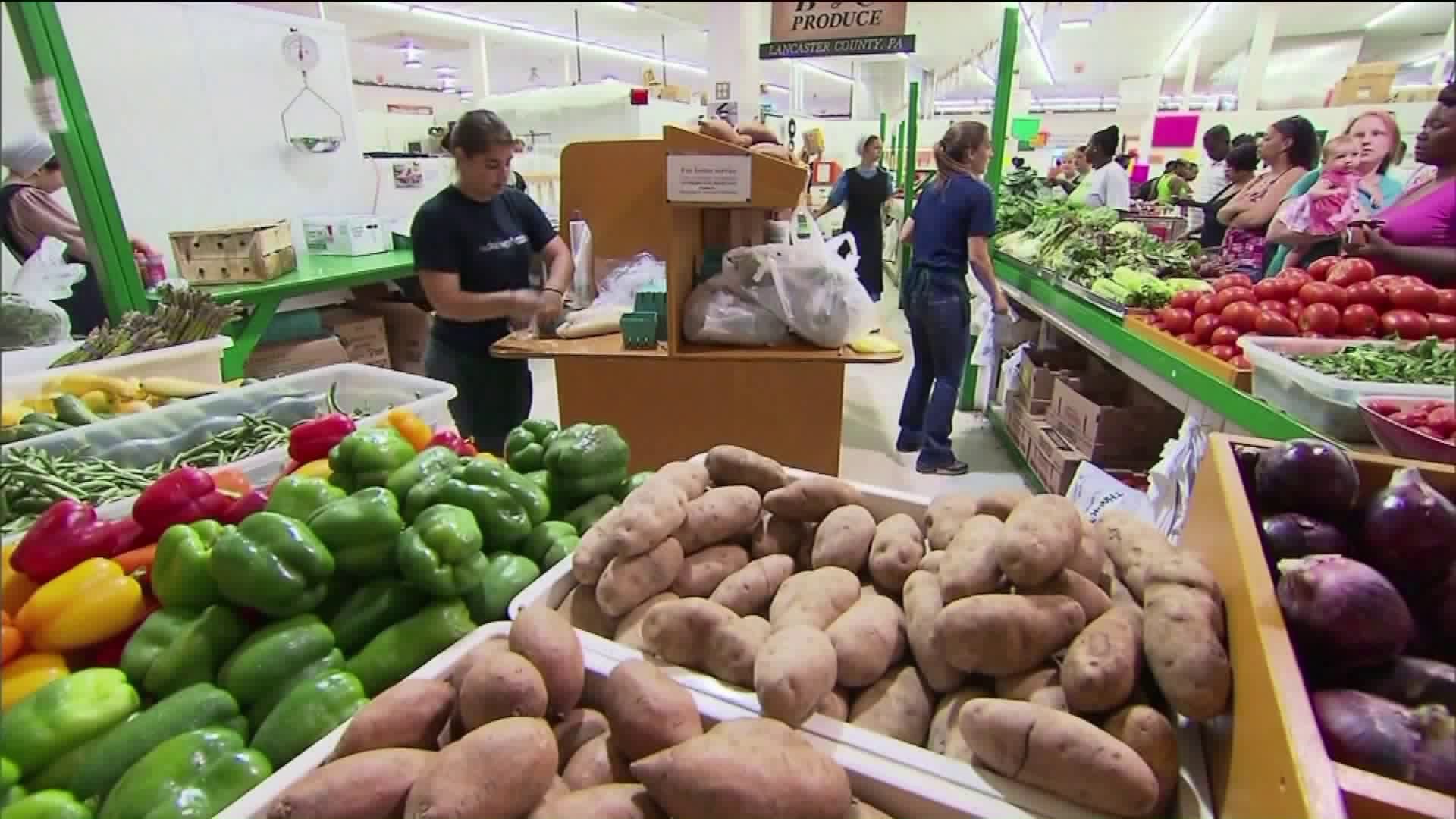HARTFORD -- One of the first big decisions parents face is when to introduce baby to solid foods. The American Academy of Pediatrics recommends solely breastfeeding for the first six months, but many parents may find that, developmentally, their child becomes ready at an earlier or later age.
Dr. Nancy Trout, a pediatrician at Connecticut Children’s Medical Center, said there are some signs to look for to know if your little one is ready.
“They have to be able to sit up, they need to be able to hold their head up, usually you’ll notice they’re interested in what you’re eating,” said Dr. Trout, “All babies also have a tongue thrust reflex that makes them spit food out so they do out-grow that around six months.”
Dr. Trout said most people tend to start with soft oatmeal or rice cereal, which is fine if you leave it out of the formula bottle.
“Putting baby food or cereal in a bottle - number one increases calories and inhibits a baby’s ability to judge their own fullness,” she said.
However, you don’t have to start with single-grain cereals.
“There is not really any medical evidence that the order in which we introduce foods is clinically significant,” said Dr. Trout.
That means you can give fruits and vegetables a go – they key is to cook them, if necessary, to make them soft enough to puree because even medium-sized chink of food present a choking hazard. Dr. Trout said steaming retains the most nutrients. Also, don’t worry so much about pesticides, like the so-called Dirty Dozen fruits and vegetables that usually contain the most pesticide residue. Doctor Trout said washing them thoroughly should be enough.
“There are really no long term studies that show that those kind of residues are harmful, and I would argue that probably all twelve of those fruits and vegetables are healthier than chicken nuggets and French fries,” she said.
If you are worried, though, you have a number of options to lessen your child’s exposure to pesticides. Dr. Trout said you could choose fruits and vegetables with thicker rinds, or better yet, grow your own or buy organic.
Doctor Trout said, whatever food you choose, only add a new food once every three to five days to check for allergies, but make sure that your little one is eating foods with a wide variety of flavors, textures and colors by the time he or she is 8 to 9 months old. Lastly, Dr. Trout said, blending foods is okay, but stick to the foods themselves with no additives.
“You really want them to learn to like to and adjust to the flavors of those foods themselves, without adding a lot of different spices and other things.”

